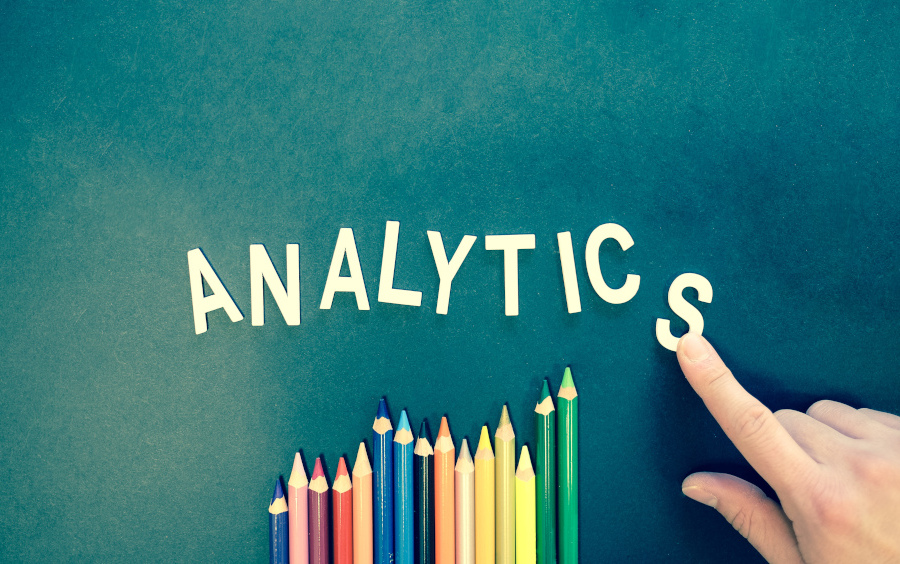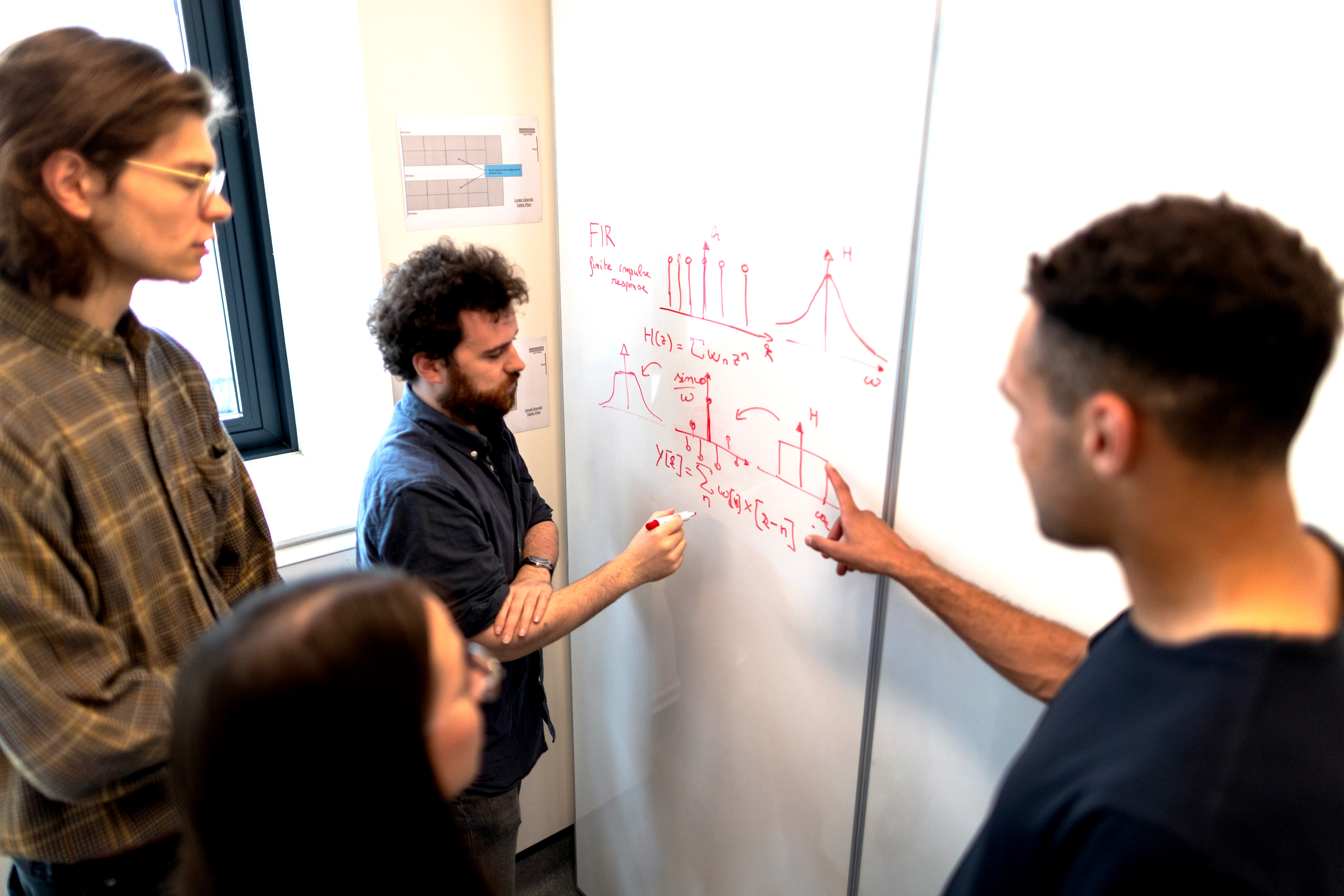Data Analytics & Data Science

Data Analytics & Data Science
The World is a now a whole database
Why should you become a Data Analyst and / or a Data Scientist? These fields are currently one of the most saught after professions by companies and govenrments. If you are a detailed oriented person and like analyse, ponder, and searching through data, this may be a job for you! A certificate in Data Analytics takes approximately six months. However, many of these certificates are self-paced, so the more time you can spend, the faster you will be done.

The Data Analyst.

A data analyst may gather data or use existing data from various sources depending on
the project. These data may range from collect data from a customer review survey regarding a new product
a business has launched, analyze data regarding driving behavior for a car insurance
company, to collect data for a clinical result of a medical trial for a new cancer drug.
The Analyst is repsonsible for organizing the data and search for and clean out any
data points that can lead to a bias and inaccurate result. He/She uses statistical methods
and functions, and visualization software (such as Jupyter Notebook, Excel, and Tableu)
to look for patterns and trends to draw potential conclusions. The overall goal is to help
businesses and organizations to make better decisions.

How Become a Data Analyst.

Completing a Data Analytics Certificate program such as
Google Data Analytics Certificates or
IBM's Data Analyst Professional Certificate
will give you a solid start in the field of Data Analytics. The Google's certificate takes
about six months, while IBM's is a ten month program, but both are self-paced, so you can
complete the program if you put in more time each week. If you very serious about a career
in Data Analytics, you may want to look into a solid 'Boot Camp', like
CalTech's
Data Analytics Bootcamp , which will definitively give you an edge in the World
of Data Analitics.

Tools you will learn for Computation and Visualization.

As a Data Analyst there are a set of Analytics tools you will have to learn that helps to compute,
analyze, and visualize the result. The most common tool for basic analysis, and easiest to learn,
are Spreadsheets such as MS Excel, Google Sheets, and Libre Office Calc,
with Excel being the most common. If you're not sure if a profession as a data analyst is for you,
but are very curious if it might be, you may want to just take the
Data Analysis in Spreadsheets course at DataCamp
or Data Analysis with MS Excel and Google Sheets offered by
Udemy. Learning a Query Language , such as
SQL (most popular) and PostGreSQL is a must as well. A Query Language is a more
powerful and abstract version of a Spreadsheet that helps you to manipulate and manage large data
in Relational Databases. Moving up in complexity, the next tools to learn is to learn to
program in Python and/or R. R is specifically made for statisical computing,
while Python is a general computer language, however with Jupyter Notebook
(a great User Interface) it can be easily used compute and visualize data.

How to become a Data Scientist & Learn AI
Do you have a math/computer related degree?
Then this should definitively be the route for you! The fundamentals of Data Science are understanding statistics, mathematics, and computer programming, since a Data Scientist works with building Predictive Mathematical models for events that has not yet happened. Knowledge of Python, R, SQL, and Machine Learning algorithms is essential. Some of these certificates are more costly, but you can start by sbucribing to Google Cloud Skills for $29 a month, and take the Machine Learning Engineer path. Many prominent Universities provide solid Bootcamps, such as Berklee School of Engineering , Stanford Online , or at MIT xPRO Online in Machine Learing and Artificial Intelligence.

Ready to reach your goals? Are you ready to start your new life?
Learning new things are exiting! But there may be some days that will be harder than others. To reach a goal requires commitment. Keep a good schedule, but alow for some modifications. By starting with a short program, you will easily acheive your goal! And before you know it, you are done! And who knows, you may begin with one short Certifate Program, and end up with a Ph. D !! You never know what you're capable of, unless you try!

HELPFUL ARTICLES TO READ

WHERE TO START? READ THIS!
Are you thinking about changing your career direction, but don't know where to start? Read about how to organize your interests and dreams, and turn them into goals that leads to a fulfilling future.

